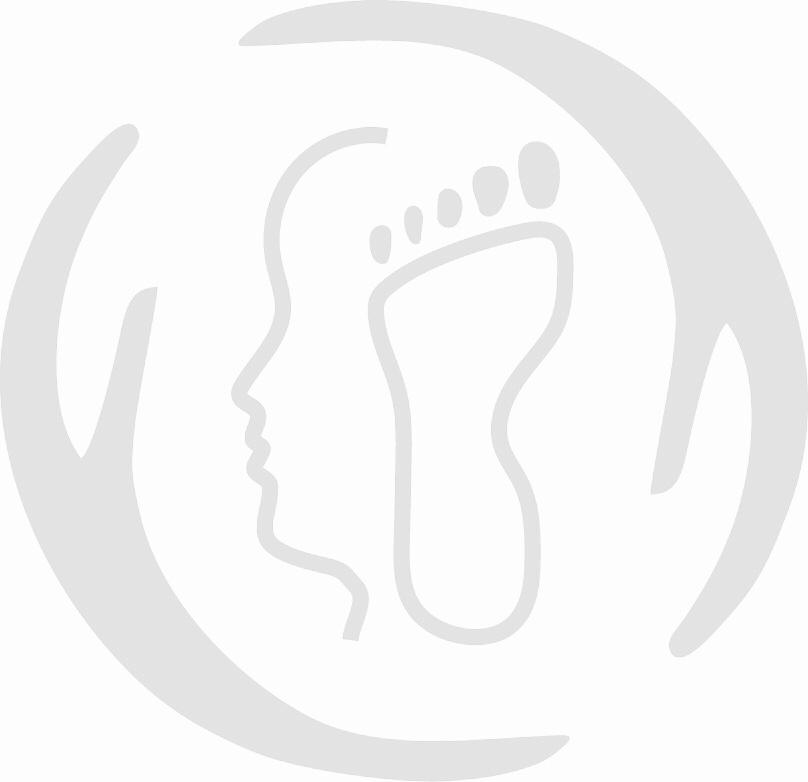Reflexology Revealed
How it works
Newcomers to reflexology are sometimes baffled by how precise pressure on specific areas of the feet can affect the whole health of the body. The reason this works is because reflexes link each part of the body to a special area on the feet and hands. The nervous system serves as the connection.
With 7,000 nerve endings in each foot, clinical experience shows that reflexology helps to send a signal through the nervous system to the brain to regulate various organs and glands, therefore bringing the body and mind back into balance.
How Reflexology can help you
Reflexologists cannot diagnose conditions or treat symptoms in quite the way that Western medicine understands. What we do is treat the person, not the illness, by analysing what we find in the reflexes on the feet and considering the client’s medical history, current state of physical and emotional health and lifestyle choices. Often the cause of a problem may lie within us, a stress reaction that is harmful and upsetting; an inflammation that causes pain or fever; a strong emotion that triggers a hormone imbalance.
Even an illness caused by an external agent such as a virus becomes a matter of internal balance once the body responds to it and tries to cope with it. Your body is an amazing intricate being which can achieve and heal so much by itself, and often reflexology can provide the trigger which helps it to do that. This approach of treating the whole person is of great help when conditions are complex. For example, a client experiencing migraines may have tension in their head, neck, shoulder and back muscles, low levels of serotonin (a neurotransmitter), sensitivity to certain types of food or other triggers and possibly a hormonal imbalance. A reflexology treatment can work on all of these body systems and areas within the same session.
Reflexology does not claim to diagnose, treat or prescribe but has shown to be effective in helping to alleviate or improve a range of conditions including:
- Headaches
- Stress
and anxiety related conditions
- Fertility
issues
- Sleep
disorders
- Sports
injuries & chronic illness
- Skin
disorders
- Hormonal
imbalances
- Digestive issues

